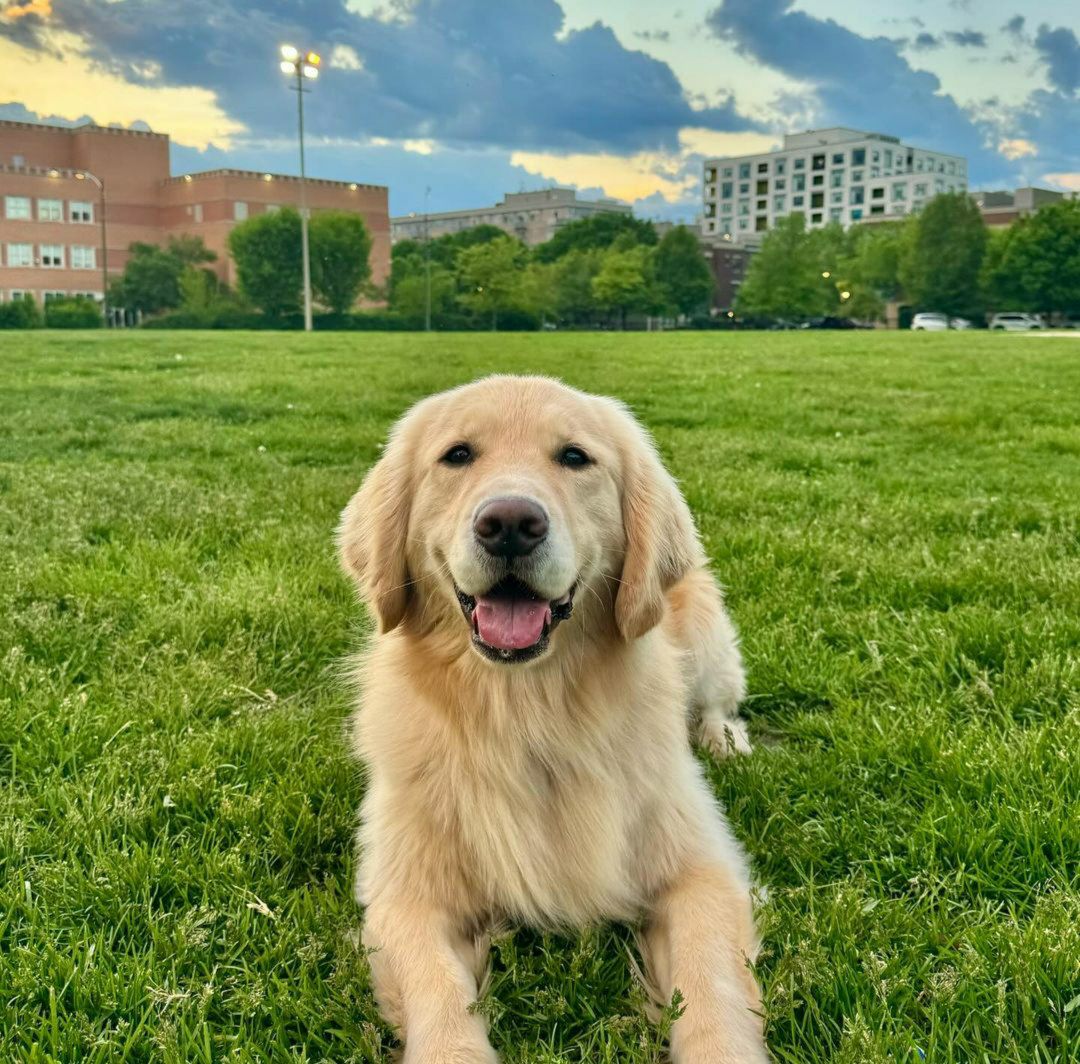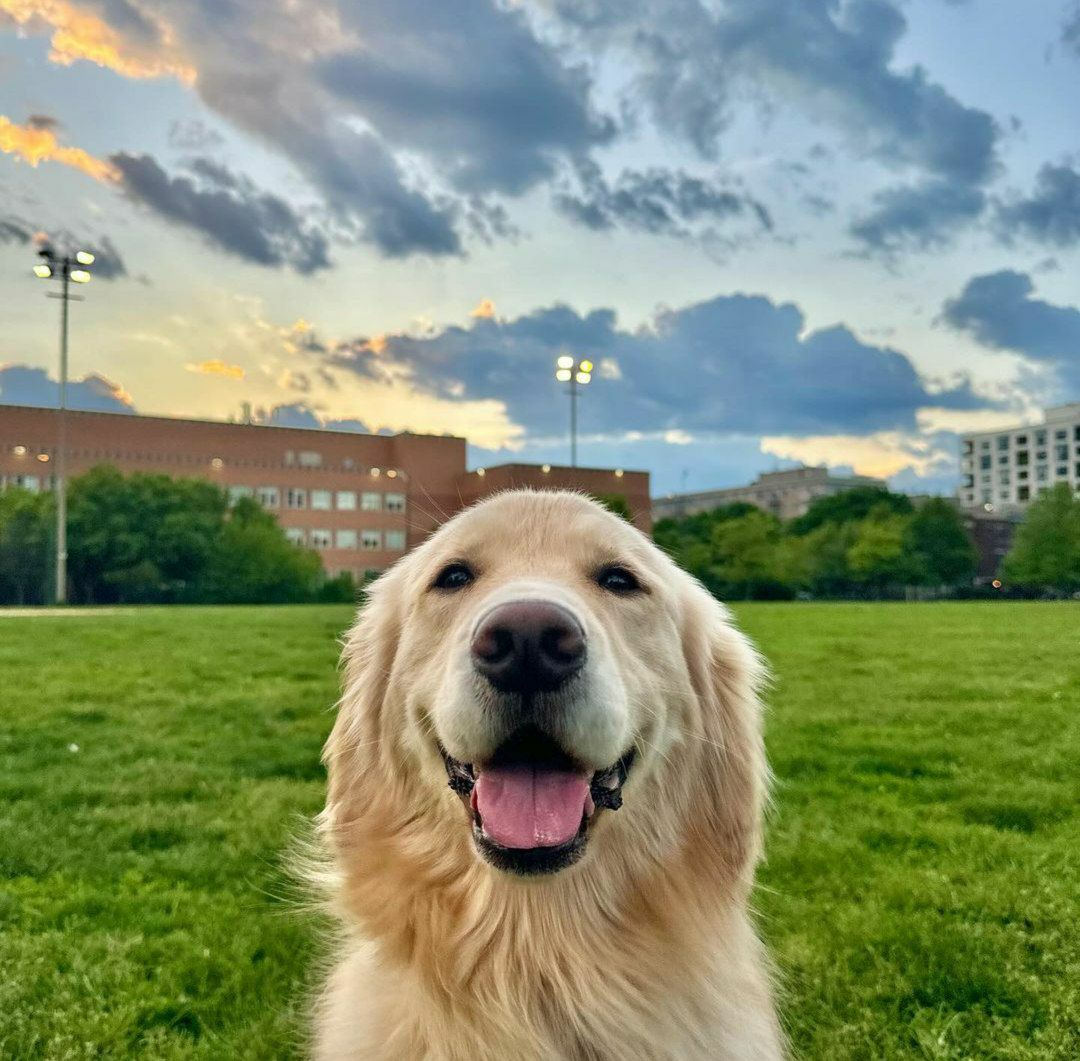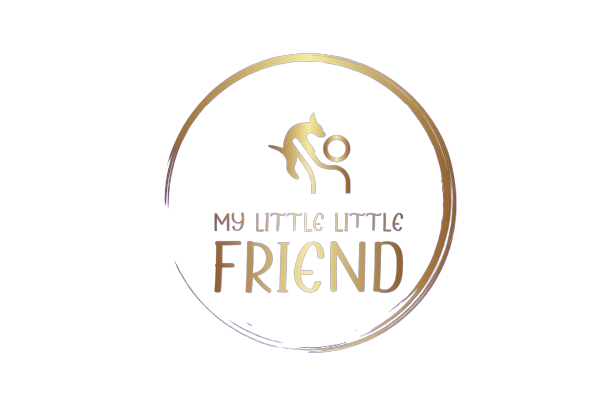From Puppy to Senior: A Guide to Dog Food at Every Stage
Growing puppies, fully grown adults, and mature dogs all have different nutritional requirements due to variations in growth, development, and activity levels. As a consequence, their diet needs to be adapted in every stage of life to ensure the dog remains as healthy as possible. Puppies need high amounts of protein and calcium for growth, while adult dogs require a balanced diet for energy and maintenance. Senior dogs may benefit from more fiber and higher-quality protein for digestion and joint health. A very active adult dog will have different calorie needs than a less active one. For the most accurate recommendations, consult your veterinarian to determine the ideal diet for your dog at each stage of life.

Aging dog nutrition
Aging dogs have significantly different nutritional requirements compared to puppies and even adult dogs. Good care is essential for their continued health. Regular physical activity helps maintain muscle mass and weight control. Monitor the condition of teeth, skin, and coat.
Energy intake should be adjusted to the dog’s activity level, which can be affected by age and health concerns. An arthritic dog will have lower energy needs, but a low-calorie diet is only necessary if overweight. Reduced exercise enthusiasm isn’t a normal sign of aging; consult a veterinarian to rule out any underlying health issues.
Regular weight checks and veterinary visits are crucial for early detection of age-related problems. Senior dogs may benefit from increased levels of glucosamine, chondroitin, omega-3 fatty acids, and higher quality protein in their diet. As their metabolism slows, ensure they have access to fresh, clean water at all times. Warming food slightly or adding water to kibble can make it more appealing for senior dogs with decreased appetite.
Nutrition for aging dogs
- Portion Control: Briefly mention the importance of portion control to avoid overfeeding, even with a senior-specific diet.
- Weight Management: Since you mentioned dental issues, you could add that maintaining a healthy weight can help reduce stress on joints, which can be especially important for older dogs.
- Fresh Water: Reiterate the importance of fresh, clean water for senior dogs, as dehydration can become a bigger concern.
As dogs age, their digestive capacities and nutritional needs change. Food for senior dogs should cater to these changes by having:
- Higher Vitamin C and E: These antioxidants help combat the effects of aging.
- High-Quality Protein: Focus on protein quality, not restricting it, to aid with muscle maintenance. Consult a veterinarian regarding any kidney concerns before making dietary changes.


- Essential Trace Elements: Iron, copper, zinc, and manganese support skin and coat health. Organic salts improve absorption for older dogs.
- Polyunsaturated Fatty Acids: Soy, borage, or fish oil help maintain a healthy coat, compensating for reduced natural production in older dogs.
- Slightly Higher Fiber: This helps prevent constipation, a risk with decreased activity.
- Portion Control and Weight Management: Even with a senior-specific diet, monitor portions to avoid overfeeding. Maintaining a healthy weight helps with overall health, including joints.
Fresh, clean water is crucial for senior dogs, as their metabolism slows and they are more prone to dehydration.
Dental Considerations: The shape, size, and hardness of kibble should be appropriate for senior dogs who may have dental problems.
Food for aging dogs
A well-balanced diet is crucial for an aging dog’s health. Here’s how you can expand on this information:
Nutritional Needs of Aging Dogs
As dogs enter their senior years, their bodies change, and their nutritional needs shift. Here’s a breakdown of some key considerations:
Reduced Calorie Needs: Senior dogs are generally less active, so they require fewer calories to maintain a healthy weight. Overfeeding can lead to obesity, which can strain joints and worsen other health issues.
Higher Quality Protein: Senior dogs may have difficulty digesting protein. A diet with high-quality, easily digestible protein sources like chicken, fish, or eggs helps maintain muscle mass, which can decline with age.

Essential Fatty Acids: Omega-3 and omega-6 fatty acids contribute to healthy skin and coat, cognitive function, and joint health. Fish oil or flaxseed oil are good sources.
Fiber for Digestion: Increased fiber content in food can aid digestion and prevent constipation, which can be an issue for senior dogs.
Vitamins and Minerals: Antioxidant vitamins like C and E help combat free radicals and may support the immune system. Minerals like glucosamine and chondroitin can promote joint health.
Choosing the Right Food
Veterinarian Consultation: Discuss your senior dog’s specific needs with your veterinarian. They can recommend a senior-formulated food or advise on dietary adjustments.
Food Texture: Senior dogs may have dental problems. Softened kibble, wet food, or smaller kibble can make eating easier.
Portion Control: Measure food carefully to avoid overfeeding. Weight management is important for overall health.
By providing a nutritious diet tailored to their changing needs, you can help your senior dog live a longer, healthier life.

Boosting Immunity in Senior Dogs
A healthy immune system is essential for fighting off infections and keeping your aging dog healthy. While aging can weaken the immune system, several nutrients can provide a much-needed boost:
Antioxidants: Vitamins C and E are powerful antioxidants that help neutralize free radicals, which can damage cells and weaken the immune system.
Beta-Carotene: This precursor to Vitamin A plays a role in healthy immune function. Sweet potatoes, carrots, and leafy green vegetables are good sources.
Zinc: This mineral supports the production of white blood cells, which are crucial for fighting infections. Lean meat, poultry, and seafood are good sources.
Beyond Nutrients
In addition to a balanced diet rich in these immune-boosting nutrients, here are some other ways to support your senior dog’s immune system:
Regular Veterinary Care: Scheduled checkups and vaccinations help prevent illness and keep your dog’s immune system strong.
Weight Management: Obesity can suppress the immune system. Maintaining a healthy weight is important for overall health.
Stress Reduction: Chronic stress can weaken the immune system. Provide a calm and predictable environment for your senior dog.
Exercise (as tolerated): Regular, moderate exercise helps keep your dog healthy and can even improve immune function. Consult your veterinarian about the appropriate amount of exercise for your senior dog.
By combining a nutritious diet with these lifestyle practices, you can help your aging dog maintain a strong immune system and fight off infections.
Promoting a Shiny Coat and Healthy Skin in Senior Dogs
A dog’s age can affect the quality of its fur and skin. Here are some ways to promote a healthy, vibrant appearance in your senior companion:
Nutrition: A well-balanced diet rich in essential nutrients is the foundation for healthy skin and coat. Look for senior-specific foods formulated with nutrients like:
- Omega-3 and Omega-6 Fatty Acids: These fatty acids contribute to a shiny coat, healthy skin, and can even reduce itching. Fish oil, flaxseed oil, and some poultry sources are good options.
- Zinc: This mineral supports skin and coat health, and can be especially helpful for older dogs with a dull coat. Lean meat, poultry, and some seafood are good sources.
- Vitamin E: This antioxidant helps maintain skin health and may reduce inflammation

Borage Oil (optional): Borage oil is a source of gamma-linolenic acid (GLA), which some studies suggest may benefit skin and coat health. Discuss this option with your veterinarian as it may not be suitable for all dogs.
Supplements: Consider consulting your veterinarian about adding supplements containing omega-3 fatty acids, zinc, or vitamin E to your dog’s diet.
Beyond Diet:
Regular Brushing: Brushing your dog’s coat regularly removes dead hair, stimulates natural oils, and promotes a healthy shine.
Minimize Baths: Frequent bathing can strip away natural oils. Use a gentle shampoo when bathing and only bathe as often as necessary.
Parasite Control: Fleas, ticks, and mites can irritate the skin and damage the coat. Maintain a regular parasite prevention regimen.
By providing a balanced diet rich in essential nutrients, along with proper grooming and parasite control, you can help your senior dog maintain a beautiful, healthy coat and skin.

Alleviating arthritis
Mechanism of Action: Briefly mention how these nutrients are thought to work. For example, “Glucosamine and chondroitin sulfate are building blocks of cartilage, which cushions joints. EPA and DHA from fish oil have anti-inflammatory properties.”
Veterinarian Consultation: Emphasize the importance of consulting a veterinarian before starting any supplements, including those mentioned.
Glucosamine, chondroitin sulfate, and EPA/DHA (found in fish oil) are nutrients that can help improve mobility in aging dogs with arthritis. Studies have shown that dogs with osteoarthritis experience better movement when fed diets containing these nutrients. These nutrients are thought to work by:
- Glucosamine and chondroitin sulfate: Building blocks of cartilage, which cushions joints.
- EPA and DHA: Having anti-inflammatory properties.
Some newer diets also include curcuma extract, polyphenols, and hydrolyzed collagen, which have shown promise in improving mobility and quality of life in senior dogs.
It’s important to remember that not all senior dogs are the same. A healthy aging dog may not require the same diet as an aging dog with diagnosed health issues like arthritis.
Regular check-ups and health screens with your veterinarian are crucial for early detection of any problems. In many cases, diet can play a significant role in preventing or managing chronic diseases in aging dogs. Your veterinarian can recommend the most appropriate food and supplements based on your dog’s individual needs.

